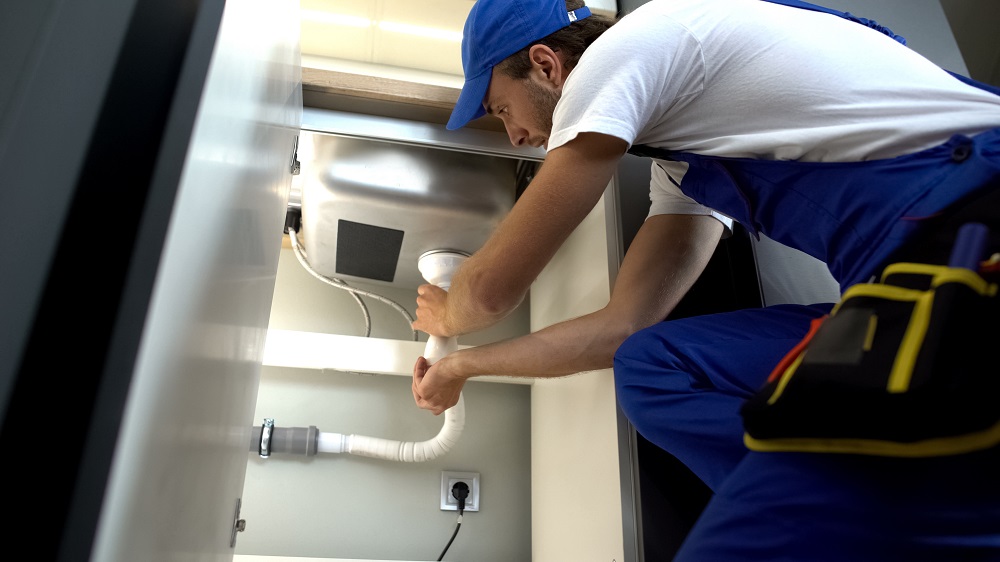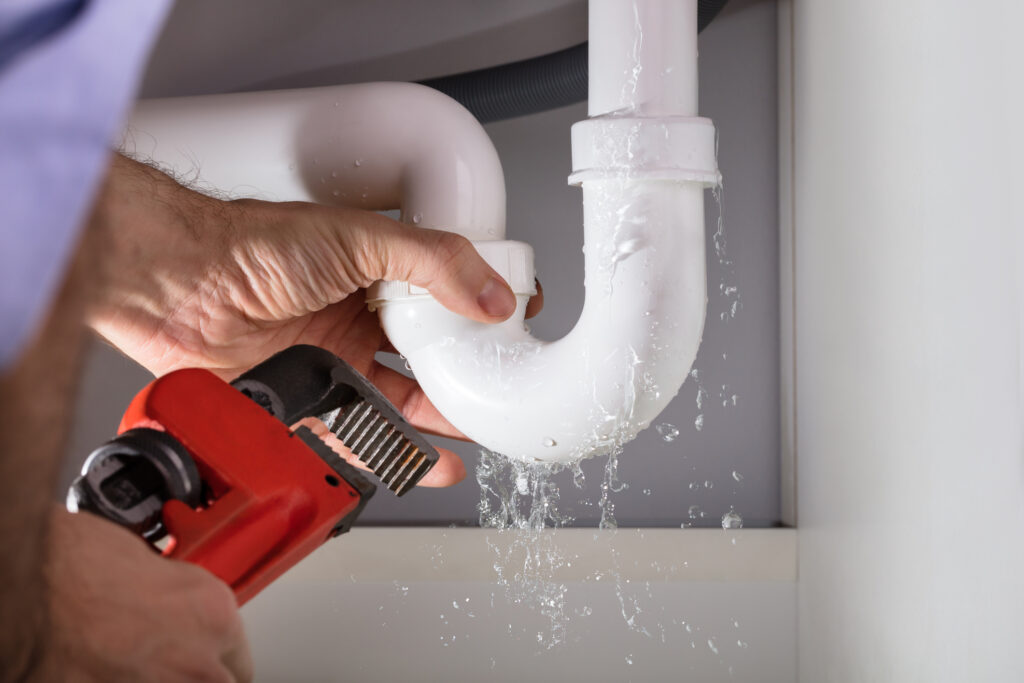Urgent Repair Advice: Ways to Manage Issues Until Help Arrives
Urgent Repair Advice: Ways to Manage Issues Until Help Arrives
Blog Article
This article further down about What to Do While Waiting for an Emergency Plumber is truly fascinating. You should check it out.

Pipes emergencies can strike any time, triggering tension and potential damages to your home. Whether it's a burst pipe, a stopped up drainpipe, or a leaky tap, knowing just how to handle the situation till a professional plumbing professional arrives can save you from more problems. This article supplies important emergency situation plumbing pointers to assist you mitigate damages and regain control throughout a plumbing situation.
Turn Off the Water
The first step in any kind of plumbing emergency situation is to shut off the supply of water. For local issues, such as a dripping tap or toilet, switch off the valve near the component. In the case of a significant leak or burst pipeline, locate your home's primary water shut-off shutoff and turn it off promptly. Knowing the place of these valves in advance can conserve important time throughout an emergency.
Turn off Your Hot Water Heater
In particular emergencies, such as a burst pipeline, it's wise to shut down your water heater. This prevents getting too hot or damages to the device when water stops streaming. Switch off the power supply to the hot water heater (electric or gas) and let it cool off to stay clear of potential hazards.
Briefly Quit a Ruptured Pipe
A burst pipeline can bring about significant water damage in mins. To minimize the concern:
Call an expert plumbing professional immediately to deal with the issue permanently.
Have an Emergency Situation Plumbing Set
Prepare a standard pipes emergency situation package to take care of small concerns effectively. Your kit ought to include:
Having these tools on hand can make a significant difference in your ability to manage emergencies.
Unclog Drains Pipes Securely.
A clogged up drainpipe can be an irritating and unpleasant problem. Right here's exactly how to tackle it:.
If these approaches don't function, prevent using too much force, as it might intensify the obstruction.
Manage Overflowing Toilets.
An overruning commode can trigger immediate turmoil. Here's what you need to do:.
Address Small Leaks with Short-lived Solutions.
Small leakages can promptly become substantial problems if left unattended. Utilize these short-lived fixes up until specialist aid arrives:.
While these fixes aren't permanent, they can assist lessen water loss and damages.
Take Care Of Frozen Pipes Thoroughly.
In colder climates, frozen pipes are a typical emergency situation. If you presume a frozen pipe:.
Know When to Call a Professional.
While quick fixes can assist momentarily, particular pipes concerns require prompt professional focus. Call a plumbing if:.
Quickly contacting a professional makes certain the problem is fixed properly and avoids further difficulties.
Protect against Additional Damage.
Taking quick activity to reduce damages can save you money and time over time. Here's how:.
Verdict.
Pipes emergencies can be overwhelming, but with the best expertise and devices, you can take care of the scenario successfully up until assistance arrives. By switching off the water supply, dealing with little leakages, and using short-term repairs, you can minimize damage and keep your home safe. Remember, these tips are short-term solutions; always consult a licensed plumber to handle the root cause of the trouble. Prep work and fast thinking are your best allies in any pipes emergency situation.
8 Helpful Tips for Managing Plumbing Emergencies at Home
If your plumbing system hasn’t failed once, wait for it because almost everyone has a story to tell. Sometimes, it could be simple emergencies such as a leaking pipe, a blocked cistern, or even a big burst pipe. In situations like this, you need to have some handy tips to save you some money and from possible damages.
Take care of minor issues early.
Sometimes, you could have avoided an emergency by taking proactive measures while it was still early. Some major plumbing emergencies can be a result of an ignored minor issue. We recommend that you have items like plumbing tapes and other related items. A plumbing tape can allow you to manage minor leaks before the plumber arrives.
Cut off the water supply.
This tip is essential in almost any type of leakage problem. For problems like minor leakages in the toilet or kitchen, turn off the supply that takes water to the affected pipes. If the leakage is a major pipe, you must shut off the supply valve to the entire building. This will help you avoid flooding your home and neighbors if you share a flat.
Know your plumbing system
Folks typically move into a new apartment without understanding the water supply around the building. This can prove disastrous if a water emergency arises and the plumber is far away. The previous tip will prove useless if you don’t practice this one. More importantly, know where your water shut-off valve is located – you’ll need that knowledge to prevent potential home floods.
Have some common handy tools
There are lots of plumbing emergencies that you can handle without hiring a plumber. That’s why you must keep some tools available always. Some tools that you can use to fix simple plumbing emergencies easily include plumbing tapes, screwdrivers, thread seal tapes, plungers, pliers, tape measures, and rubber gloves.
Insulate your pipes from cold
You’ll save yourself from many plumbing expenses if you protect your water pipes from the cold. This is because of the harmful effects that cold weather can have on your pipes. During winter, your pipes can burst from being overly expected to freezing temperatures. So, make sure insulators are there to keep the pipes working correctly.
Avoid practices that will clog your toilet.
Many people indulge in practices that can damage the plumbing system of the entire building. One of these is when they use their toilet to dispose-off garbage. They flush all kinds of things, such as paper towels, bandages, hairs, female sanitary products, etc., down the toilet. This will block your toilet in the long run, incurring unnecessary expenditures. Dump such waste in the trash instead.
Check your dials regularly.
Sometimes, there could be leakages in your home without noticing them in time. So, constantly monitor your water meter dial. If the dial is reading when there is nobody using water, this is an indicator that there is leaking. Check for leaks immediately. Call a plumber as soon as possible if you can’t find any.
https://www.constructionplacements.com/8-helpful-tips-for-managing-plumbing-emergencies-at-home/

Do you enjoy more info about Plumbing Emergencies: Tips on What To Do Before? Create a review below. We will be glad to know your ideas about this post. We are looking forward that you visit us again soon. Sharing is nice. Who knows, you will be helping someone out. We value your readership.
Book Report this page